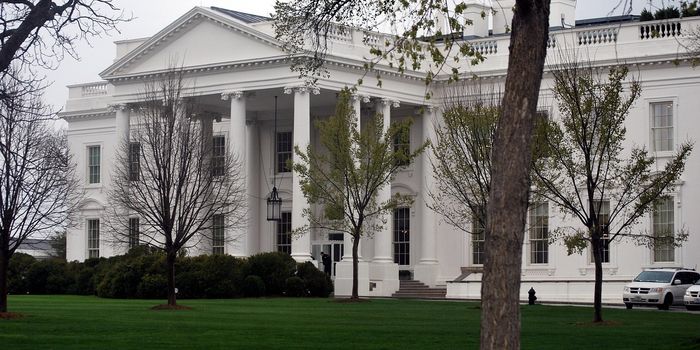
It seems all retailers are racing against each other to be first at seasonal offerings. And this season, you may have found flu shots offered in as early as August – months ahead of when flu season is typically supposed to be. Is this a marketing scheme or should you be proactive and get your flu shot early? As it turns out, when it comes to flu shots, perhaps waiting may be in your favor.
Every year, scientists intensely study the health prospects in the Southern Hemisphere during its winter, which is still summer for us. Based on the viral strains circulating in that region, the scientists predict the flu strains that would make its way to our neck of the woods (the Northern Hemisphere) come winter.
While the predictions are made and the vaccines are ready by late July, should people get vaccinated so early? Of note, flu season is generally calculated to be during the harsh winter months. According to the CDC, February is the most frequent peak month for flu activity. But even once February ends, flu season can last to as late as May. So would the protective effects of your flu shot last until then?
For Laura Haynes, an immunologist at the University of Connecticut Center on Aging, the answer is no. "If you're over 65, don't get the flu vaccine in September. Or August. It's a marketing scheme," she said.
The flu shot works by exposing the body’s immune system to a dead version of the flu virus. This exposure is enough to rally our immune cells against the live strains circulating during flu season. But for aging people, it takes longer for the immune system to respond to the vaccination, and the protective effects seem to wear off faster too. This means that for older people, getting a flu shot in August could leave them vulnerable when flu is rampant during January and February.
The Centers for Disease Control and Prevention cautions that although the shot should be made available to everyone when it’s ready, people over 65 should be mindful of the diminishing antibodies over time. Still, they said, “deferral could result in missed opportunities to vaccinate,” which could be more harmful getting the flu shot too early.
Getting a well-matched flu shot at the right time could reduce the risk of the flu by as much as 60 percent, the CDC said. This is particularly important for very young and very old individuals, and individuals with immunocompromised systems, as its more challenging for them to recover from the flu.
Thus, this upcoming flu season, get your shot if you can, just not too early. "The ideal time is between Halloween and Thanksgiving," said Haynes at UConn. "If you can't wait and the only chance is to get it in September, then go ahead and get it. It's best to get it early rather than not at all.
Additional source:
CNN,
CDC
 It seems all retailers are racing against each other to be first at seasonal offerings. And this season, you may have found flu shots offered in as early as August – months ahead of when flu season is typically supposed to be. Is this a marketing scheme or should you be proactive and get your flu shot early? As it turns out, when it comes to flu shots, perhaps waiting may be in your favor.
It seems all retailers are racing against each other to be first at seasonal offerings. And this season, you may have found flu shots offered in as early as August – months ahead of when flu season is typically supposed to be. Is this a marketing scheme or should you be proactive and get your flu shot early? As it turns out, when it comes to flu shots, perhaps waiting may be in your favor.







